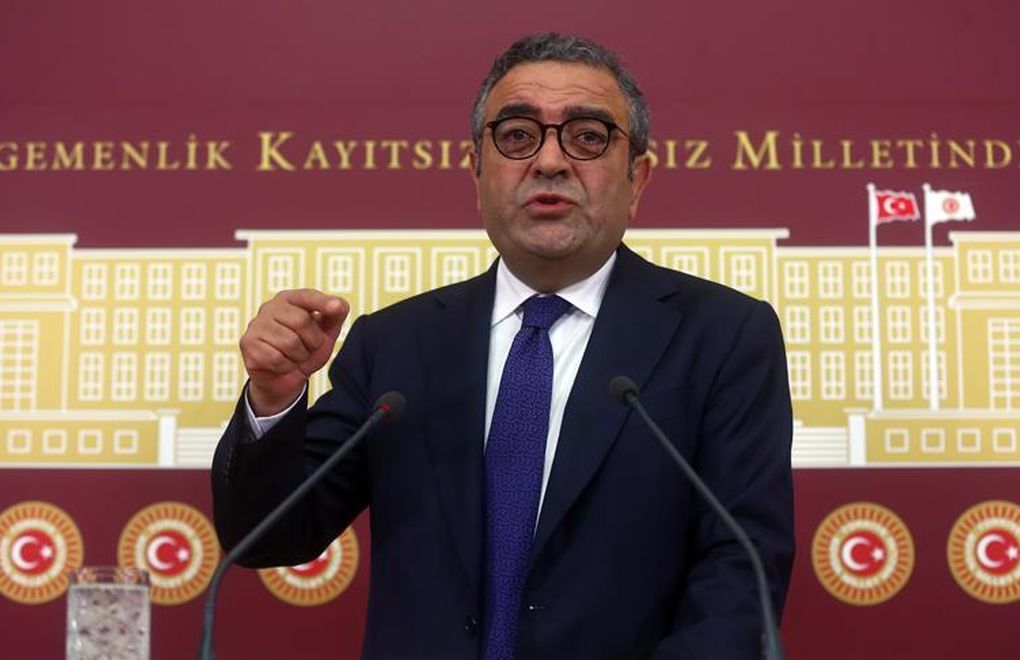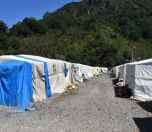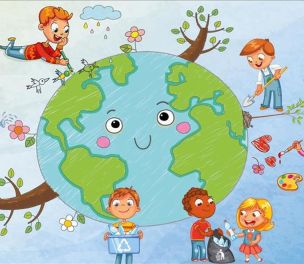* Photo: AA
Click to read the article in Turkish
Republican People's Party (CHP) İstanbul MP Sezgin Tanrıkulu released a statement to mark October 5 International Children's Day yesterday.
Raising concerns over the violations of children's rights in Turkey, Tanrıkulu has addressed a series of issues such as child marriages and problems in distance learning and education in the mother language.
CHP's Tanrıkulu has noted that one cannot access the data of Justice Ministry regarding the incidents of sexual abuse from 2002 to 2017.
Referring to the data of the Turkish Statistical Institute (TurkStat) in this context, Sezgin Tanrkulu has indicated that 59 thousand 284 children were subjected to sexual abuse between 2014 and 2017. While 7 thousand 466 of these children were boys, 51 thousand 818 of them were girls.
"Ratified by Turkey on December 7, 2011 and entered into force in April 2020, the Council of Europe Convention on the Protection of Children against Sexual Exploitation and Sexual Abuse (Lanzarote Convention) obligates the states to record and keep the information about convicted perpetrators of sexual abuse," Tanrıkulu has remined the public and added:
"However, there are no signs that there are any efforts in Turkey for this end. If there had been a decrease in sexual abuse crimes in the last 17 years, would they block access to the related data?"
Sezgin Tanrıkulu has also noted that the International Federation of Business and Professional Women (BMW) said in a statement in April that over 25 percent of women in Turkey were married off as children and this percentage went up to 32 percent in the rural regions of the country.
'Demand for education in mother language not met'
Regarding the prevention of children in Turkey from getting education in their mother languages other than Turkish, Tanrıkulu has said:
"In order to avoid addressing the demands for education in the mother language, Turkey signed the 'UN Convention on the Rights of the Child' in 1995, expressing reservations for the Convention's Articles 17, 29 and 30 regarding the rights of 'education,' 'freedom of expression', 'enjoying one's own culture' and 'using one's own language freely'."
He has also raised concerns about the children who cannot receive distance education amid the novel coronavirus (COVID-19) outbreak as they do not have Internet access or the necessary technological devices.
'39 children died in occupational homicides'
Tanrıkulu has also shared the following data: "In the first 8 months of 2020, 39 children lost their lives in occupational homicides. In 2019, 67 child and young workers, 29 of whom were under the age of 14, lost their lives.
"According to the Child Labor Force Survey for 2019, 79.7 percent of working children are aged 15-17, 15.9 percent of them are aged 12-14 and 4.4 percent of working children are at the ages of 6-11. While 70.6 percent of working children are boys, 29.4 percent are girls."
Concluding his statement, Tanrıkulu has also referred to the statistics shared by Eurostat, the statistical agency of the European Union (EU).
According to the Eurostat statistics, while the infant mortality rate has been dropping in the EU in the last 20 years, this figure is almost three times higher than the EU average in Turkey and Montenegro. (RT/SD)







